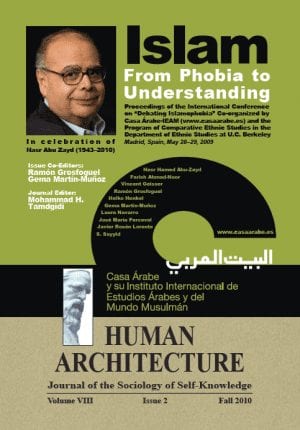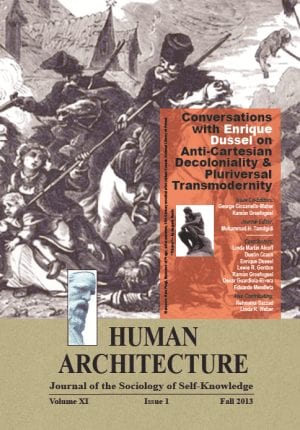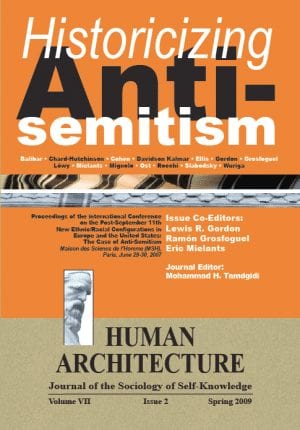Journal Article — Beyond the Clip: Critical Uses of Film in the Non-Film Course — by Leonard Von Morzé
$15.00
This essay considers ways of using film in the classroom to facilitate and deepen students’ critical interpretations of their culture.
Description
Abstract
This essay considers ways of using film in the classroom to facilitate and deepen students’ critical interpretations of their culture. Noting that digitalization has the effect of leveling distinctions between textual and visual media, the essay considers the pedagogical importance of understanding rather than abolishing such distinctions, because without them films might be reduced to mere illustrations of texts. The essay considers the multimedia classroom as a space of opportunity, in which teaching students to write critically about their culture becomes more challenging but also more urgently important, particularly with respect to visual representations of race in the contemporary United States. To exemplify the essay’s claims for the usefulness of film in the non-film course, the essay considers the writer’s experience of teaching students to critique the racial politics of two Hollywood films, Flower Drum Song and Crash.
Recommended Citation
Von Morzé, Leonard. 2008. “Beyond the Clip: Critical Uses of Film in the Non-Film Course.” Pp. 1-6 in Teaching Transformations 2008 (Human Architecture: Journal of the Sociology of Self-Knowledge: Volume VI, Issue 1, 2008.) Belmont, MA: Okcir Press (an imprint of Ahead Publishing House).
The various editions of this issue of Teaching Transformations 2008 can be ordered from the Okcir Store and are also available for ordering from all major online bookstores worldwide (such as Amazon, Barnes&Noble, and others).
Read the Above Publication Online
To read the above publication online, you need to be logged in as an OKCIR Library member with a valid access. In that case just click on the large PDF icon below to access the publication. Make sure you refresh your browser page after logging in.








